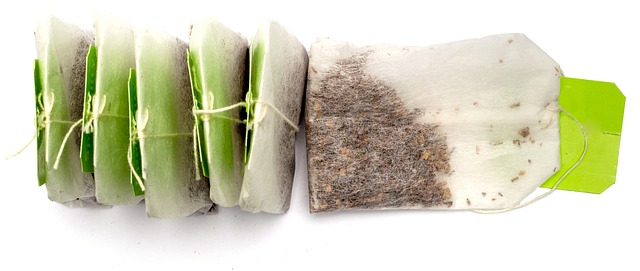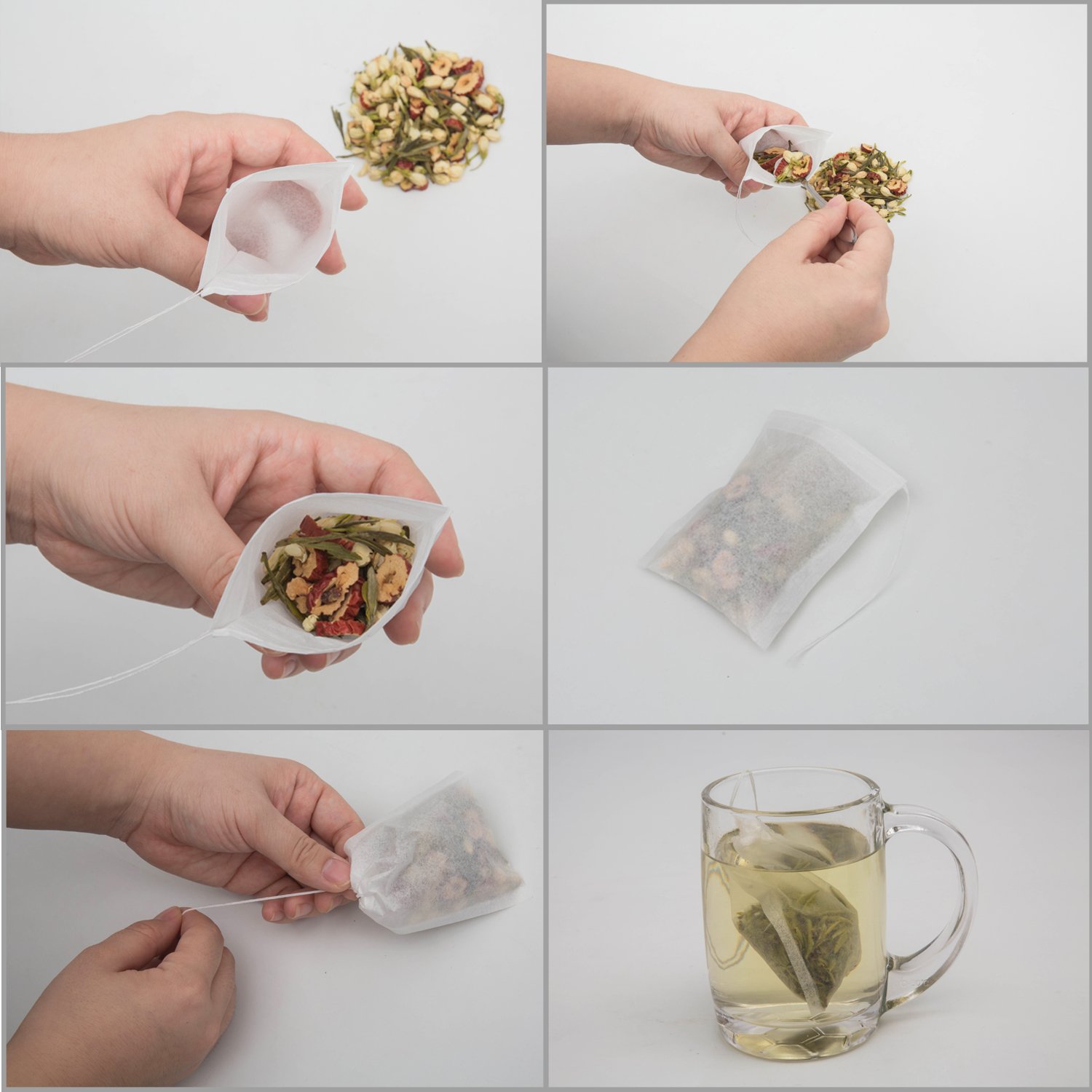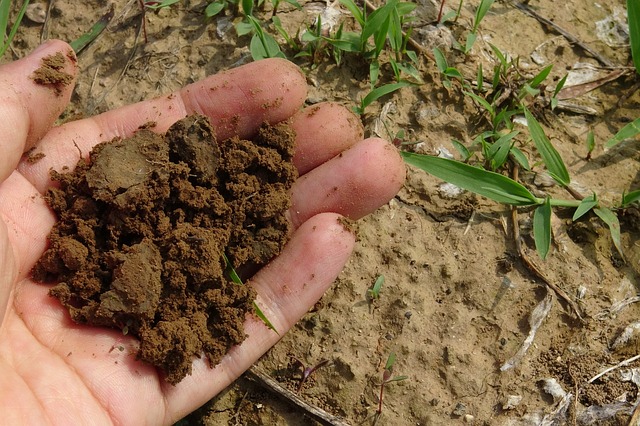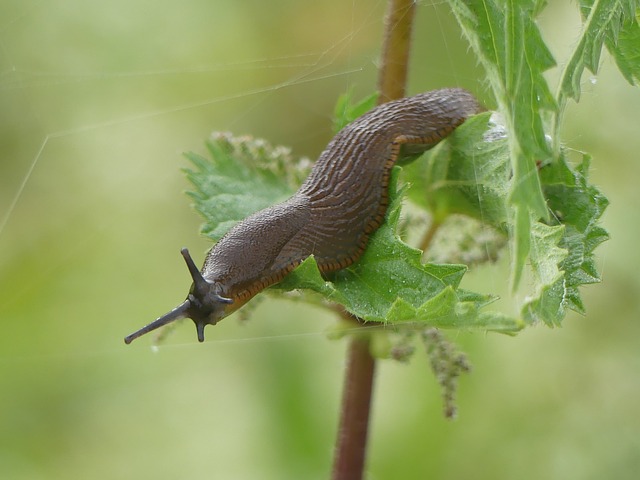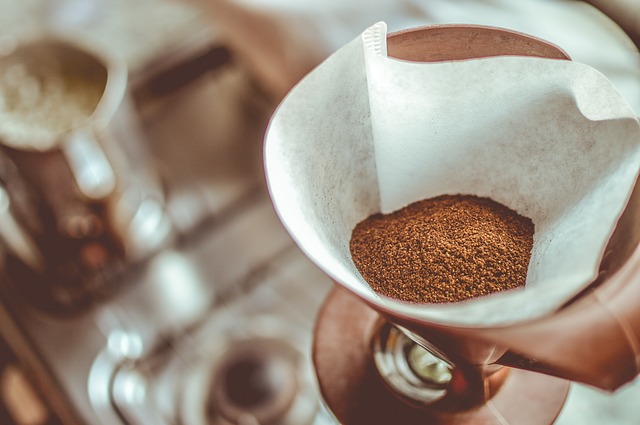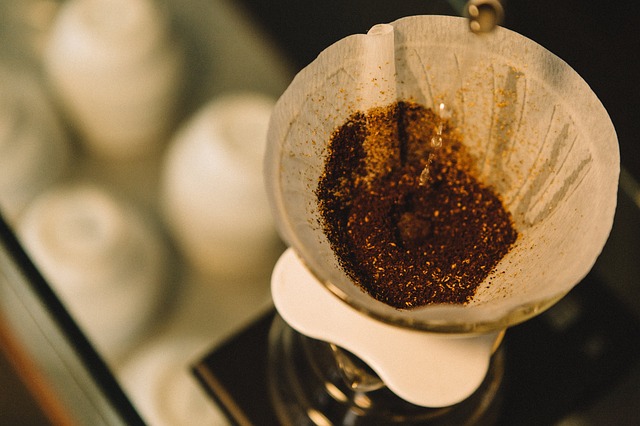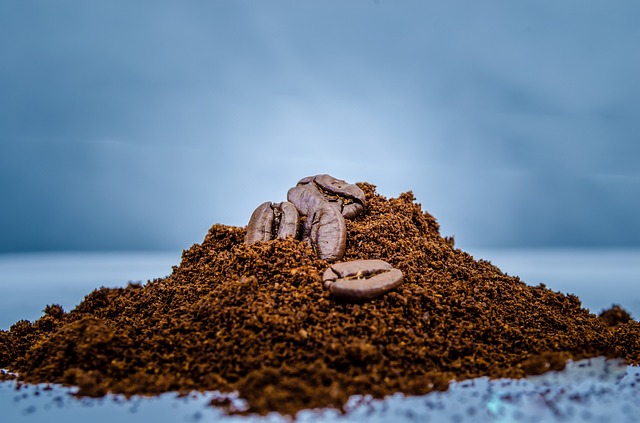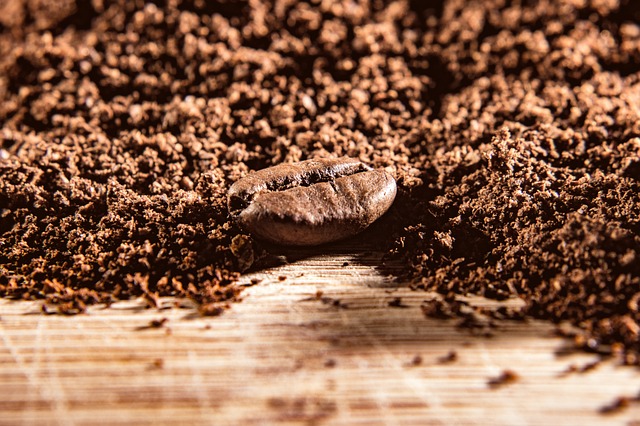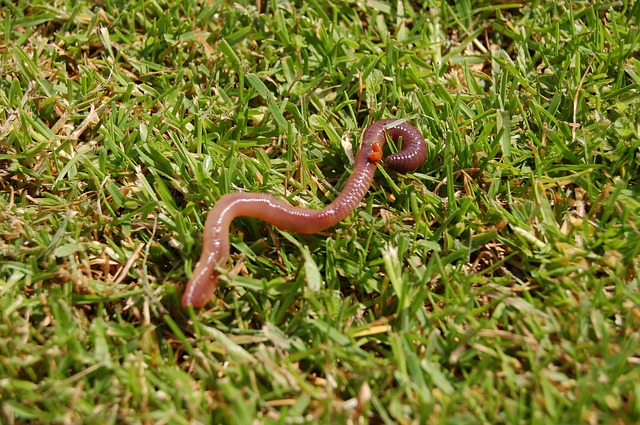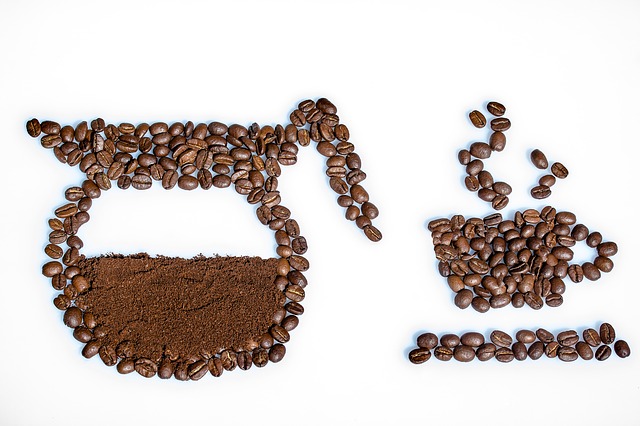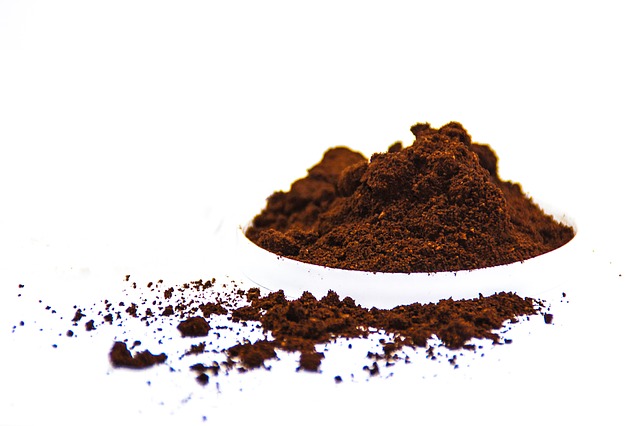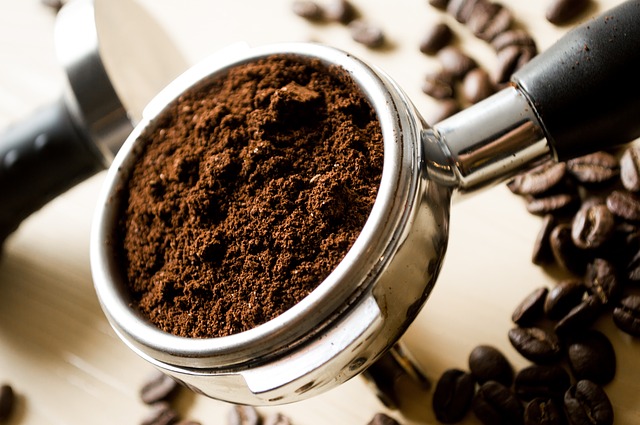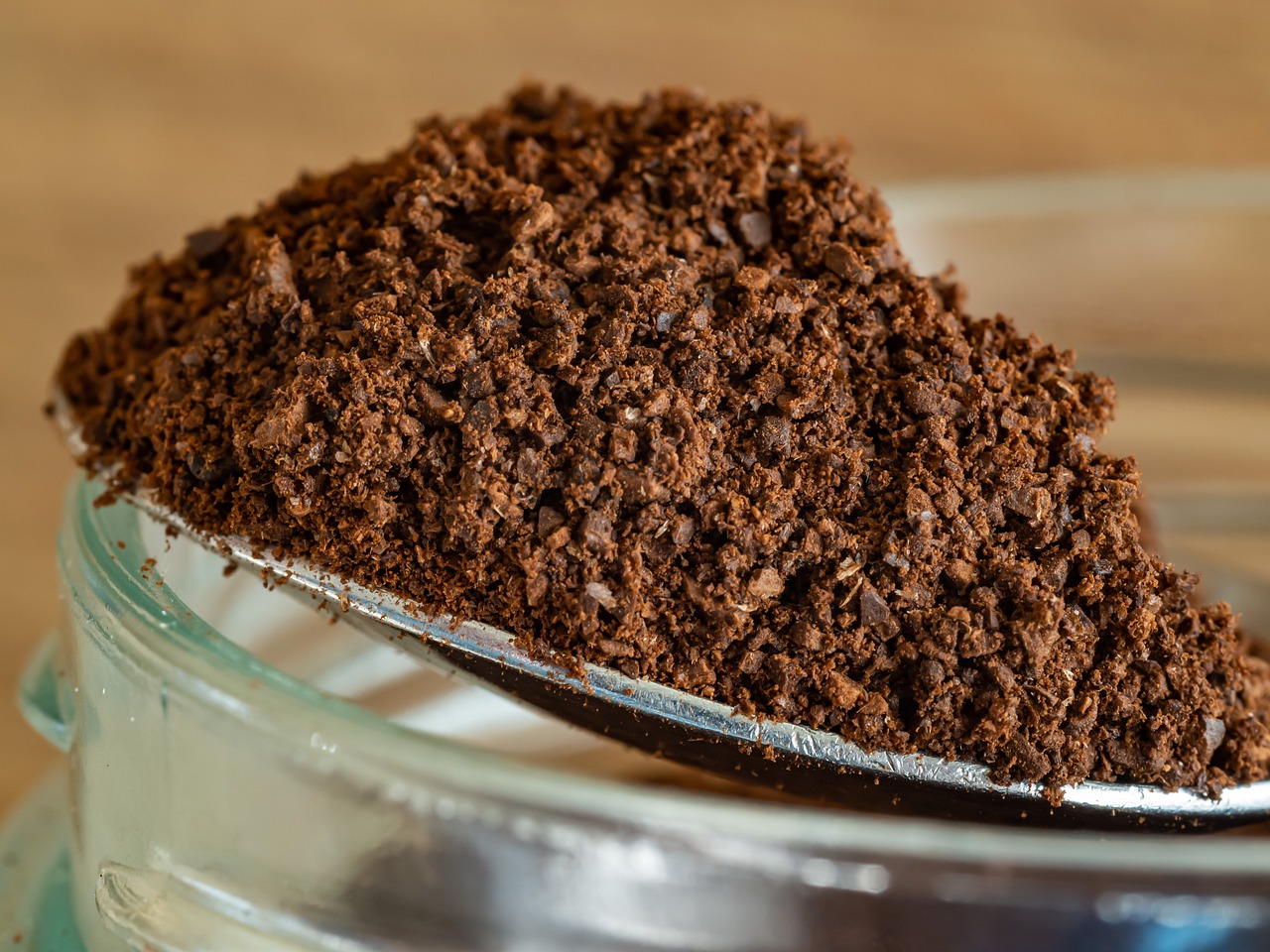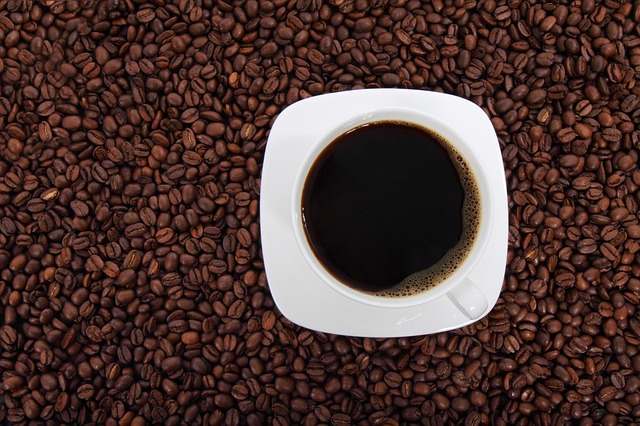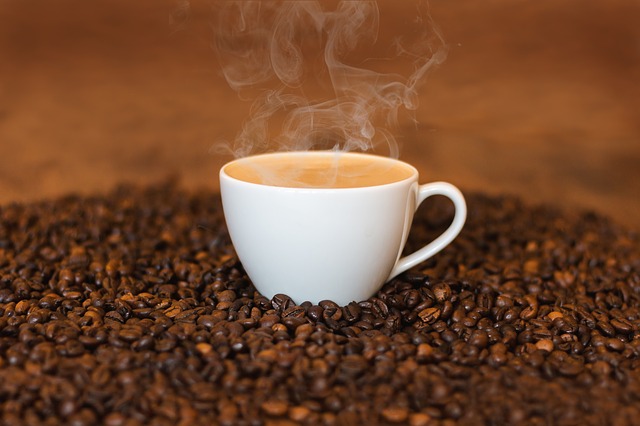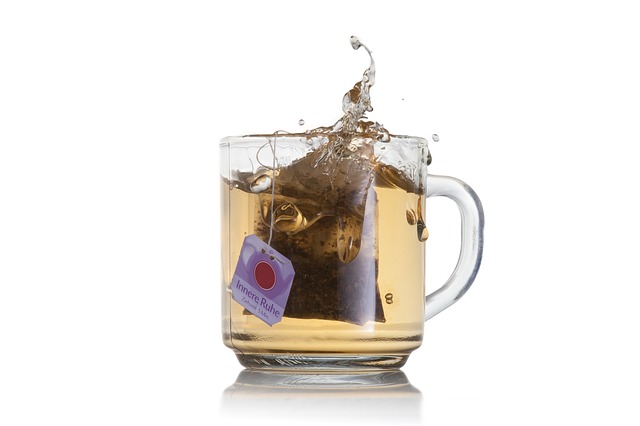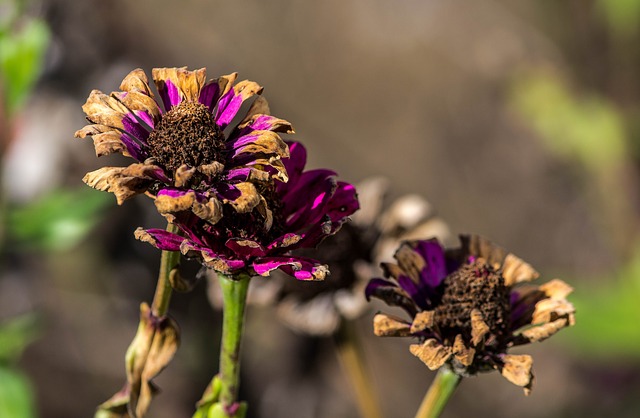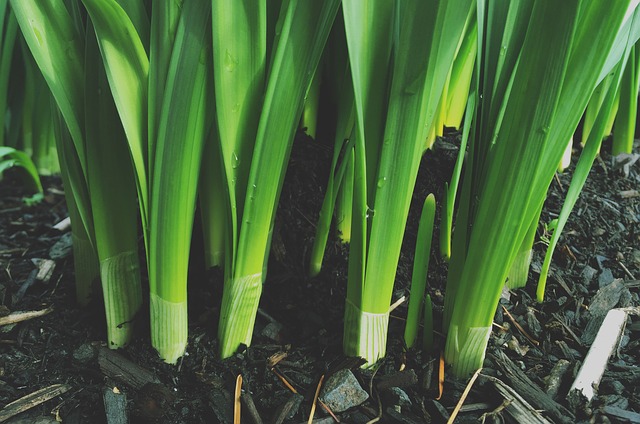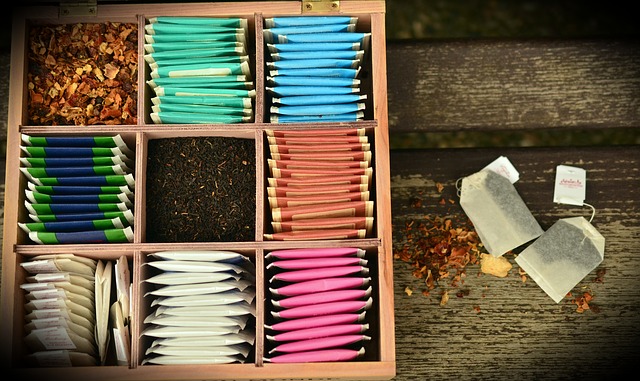
The next time you have your daily cup of tea, you may want to think twice about throwing that tea bag in the trash. Instead of contributing extra waste to landfills, you can help the environment and your garden by placing used tea bags in the compost. But before you get started there are a few things you’ll need to know first.
Can I Compost Tea Bags? Maybe.
Not all tea bags can be composted. This is surprising to many people. Even more shocking is the reason why. Most tea bags contain plastic. While the outer part of the tea bag may be paper (a mix of vegetable fiber and wool) which can break down, many have an inner surface that is made from plastics such as PVC or polypropylene.
Tea bags that have been pressed shut, even if they are made from paper, will typically use heated polypropylene to seal the bags. These often contain up to thirty percent plastic. Tea bags that are advertised as silk or silken are actually made of plastic which is either plant-based or fossil-fuel-based. You can compost tea bags that are made from paper and sealed with corn starch. Or paper bags that are folded, stitched or stapled closed (just be sure to remove the staple).
Not Sure, No Problem!
If you’re not sure after reading the packaging, what your tea bags are made of, you can simply throw them in and see what happens. If they turn out to be plastic they won’t hurt your compost they just won’t biodegrade.
If they don’t break down after a while simply cut them open, empty the tea into the compost, and throw the bags away. You’ll then know they are at least some part plastic. A quick test many people use is to touch the bag itself. If the tea bag has a slippery texture it is most likely made from plastic.
Other Environmentally-Friendly Ways To Go
Other than cutting plastic tea bags open and emptying them into your compost there are a few other ways to go too. You may want to switch to loose leaf tea instead and skip the bags altogether since tea leaves are of course one hundred percent natural.
Another option for those who love their tea bags but want something more environmentally friendly is to purchase your own biodegradable paper tea bags and then add loose tea to them.
Benefits Of Tea Bags In The Compost
Once you have the right type of tea bags you can enjoy the many benefits of adding them to your compost. As they start to decompose they add nutrients such as nitrogen which add to the quality of the compost. This can help to boost the activity of worms and other helpful microorganisms which will further break down your compost in general.
And because tea bags are absorbent, they stay wet for long periods of time which helps to keep your compost moist. Both the tea and bags add organic matter to compost which can help to increase drainage and oxygen. And when added to plants it can therefore help to prevent root rot. Similar to coffee grounds, tea is acidic and it can help to raise the acidity a bit but at the same time not so much that acid-sensitive plants will be negatively affected.
Used Tea Bags In The Garden
Many people actually skip the composting step and go straight to using used tea bags in the garden directly. When buried around the roots of plants the tannic acid they contain can help to deter pests such as root maggots.
Using tea as fertilizer is also popular. By cutting the bags open and sprinkling the contents on top of the soil can also help to keep pests away and at the same time add nutrients to your soil. For acid-loving plants adding tea bags or their contents can help to lower the pH level of the soil making it more acidic.
Start Shopping for Composting Supplies!
Does Copper Tape Stop Slugs?
Does copper tape stop slugs? The answer is yes. And you can use this simple solution to keep your plants safe from those slimy plant-eating pests. Repel Slimy Garden Invaders Without Harm Despite being relatively small and very slow-moving, slugs can do a lot of...
Coffee Grounds For Flowers
For many of us, there’s nothing we’d rather do than relax with a cup of coffee near the flower garden. Most people don’t realize however that the grounds used to make our coffee can help to increase the health and beauty of our garden. Here’s what you’ll need to know...
Coffee Grounds For Roses
Using coffee grounds for roses is a fabulous way to improve the health of your plants, helping them to produce those gorgeous flowers you’ve been dreaming of. But there are a few things you’ll need to know before getting started. Conditions Roses Prefer Roses do best...
Do Roses Like Coffee Grounds?
Do roses like coffee grounds? This is something many gardeners wonder about, especially since feeding roses coffee grounds has been a practice that’s been around a very long time. The answer is yes they do, and here’s what you’ll want to know. Roses And Acidic Soil...
How To Use Coffee Grounds For Grass
You’ll want to think twice before you toss your used coffee grounds in the trash every day. Those grounds can actually be used to feed and increase the health of your lawn. Here’s everything you’ll want to know about using coffee grounds for grass. Advantages Of...
Are Coffee Grounds Good For Grass?
Are coffee grounds good for grass? The answer is yes, so you may want to think twice before throwing away your used grounds after your morning cup of coffee. Instead, you can put them to work helping increase the beauty of your lawn. Benefits Of Using Coffee Grounds...
Are Worms Good For Your Lawn?
Despite their slimy looks worms are well-known for being very helpful in the garden. But are worms good for your lawn? You bet they are, and here’s why! Aeration As worms travel from place to place in the soil below your lawn, they create a maze of tunnels. And those...
How To Use Coffee Grounds For Snails
You don’t have to kill those annoying garden snails in order to keep them from eating your plants. In fact, you can use your morning coffee as a non-lethal weapon against them. When they come into contact with your coffee grounds snails will turn right around and...
How To Use Coffee Grounds For Ants
There are endless sprays and poisons you can use to get rid of ants. However, you won’t have to look any further than your morning cup of coffee if you’d like a repellent that doesn’t contain any harmful chemicals. By using coffee grounds ants will stay away and kids...
Which Plants Like Coffee Grounds?
While using coffee grounds in the garden offers quite a few benefits, they can be slightly acid and therefore not appropriate for all plants. So which plants like coffee grounds? Here’s what you’ll need to know. The Basics Of Coffee Grounds Coffee grounds contain...
Coffee Grounds And Hydrangeas
While many people love their hydrangeas, they often would love them even more if they were blue. Luckily the grounds from your morning cup of coffee can help you to achieve those gorgeous blue blooms. Here’s what you’ll need to know about coffee grounds and...
Coffee Grounds For Worms
Worms are an extremely helpful component of any compost bin or pile, not to mention worm farms. And it turns your morning cup of coffee can contribute to their diet. Using coffee grounds for worms is an easy way to keep them from heading to the local landfill while...
Using Coffee Grounds In The Garden
Your morning cup of coffee can help you to not only start your day off right, but in the garden as well. The grounds used to make it have many important properties that are ideal for both plants and soil. By using your coffee grounds in the garden you’ll be able to...
Using Coffee Grounds In Compost
It’s estimated that over two billion cups of coffee are consumed around the world each and every day. And that’s an enormous volume of grounds which are used and then tossed in the trash. By using coffee grounds in compost instead, you can help cut down on waste and...
Used Tea Bags In The Garden
Many people don’t realize that once you’ve had a cup of tea, your tea bag can be used again in quite a few other ways. There are actually many great uses for used tea bags in the garden. And here are some of the best! Free Natural Fertilizer The tea leaves and...
5 Eco-Unfriendly Things You Do That Kill Your Garden
Any budding gardener out there wants to do the best for their garden and their plants. But are you accidentally causing it harm? Here are five eco-friendly things you do that kill your garden: Buying Plants that Contain Pesticides You may not use pesticides yourself...
7 Reasons You Need to Start Gardening Now
Looking for a fun hobby to help you relax? Get outside and get to work in a garden. Gardening has a variety of benefits for your mental, physical and spiritual health. Wondering how tending to plants can help you tend to your health? Here are seven ways gardening can...
Quick Tips To Speed Up Compost Times
Compost is an excellent soil conditioner and natural fertilizer. However, it can take quite a while for it to break down into a form that you can use. Luckily there are a handful of simple things you can do to help speed up compost times without much effort. Size In...
6 Common Types Of Soil Deficiency And How To Solve Them
Unfortunately, not all soil has the nutrients that plants need to grow and thrive. In some cases, it may be lacking in one area or another and therefore need a boost. Here are the most common types of soil deficiency and the best ways to deal with each of them....
The Best Places To Find Free Composting Materials
Many people are interested in composting but feel like they don’t have access to enough organic materials. Luckily there are a range of places you can find free composting materials to get started or make your current pile bigger. Here are some of the best and easiest...
